- Giới Thiệu Vitours
- Các lễ hội chính ở Bình Định
- Các lễ hội chính ở Khánh Hòa
- Các lễ hội chính ở Gia Lai
- Các lễ hội chính ở Đồng Nai
- Các lễ hội chính ở Bình Thuận
- Các lễ hội chính ở Lâm Ðồng
- Các lễ hội chính ở Bà Rịa - Vũng Tàu
- Các lễ hội chính ở Bình Dương
- Các lễ hội chính ở Bình Phước
- Các lễ hội chính ở Tây Ninh
- Các lễ hội chính ở Đồng Tháp
- Các lễ hội chính ở Ninh Thuận
- Các lễ hội chính ở Thành phố Cần Thơ
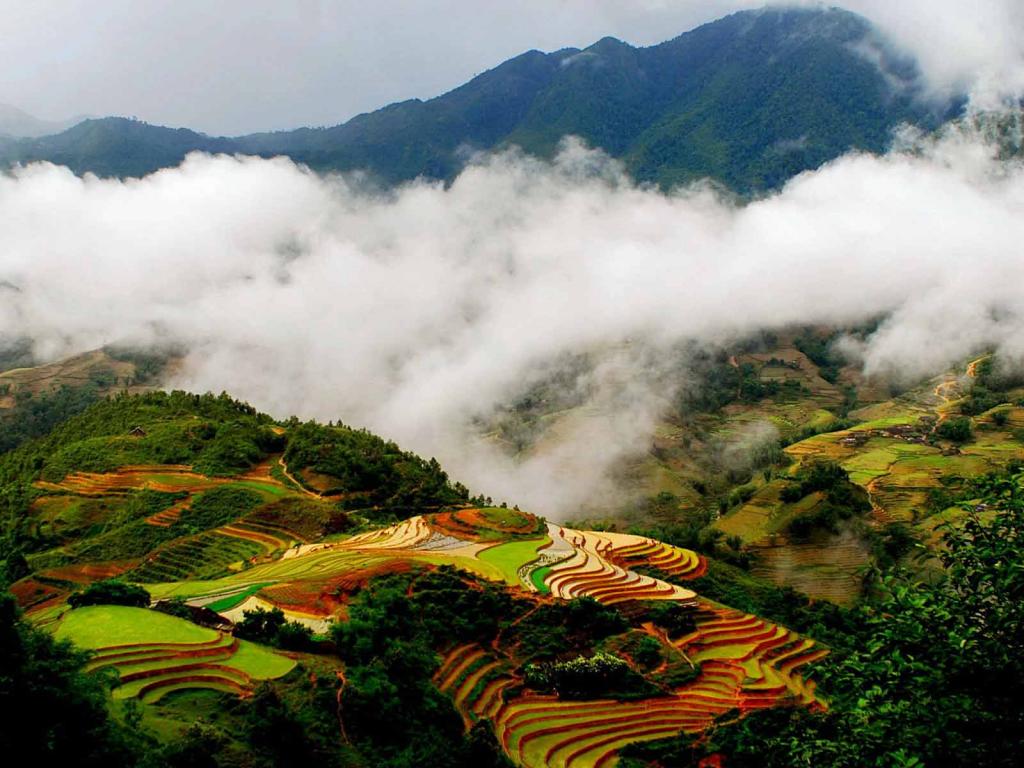
Sapa
Area: 678.6 sq. km Population: 52.5 thousand habitants(2007) Administrative division: - Townlet:Sapa - Communes:Ban Khoang, Ta Giang Phinh, Trung Chai, Ta Phin, Sa Pa, San Sa Ho, Ban Phung, Lao Chai, Hau Thao, Thanh Kim, Ta Van, Su Pan, Suoi Thau, Ban Ho, Thanh Phu, Nam Sai, Nam Cang.
Sapa
Area: 678.6 sq. km
Population: 52.5 thousand habitants(2007)
Administrative division: 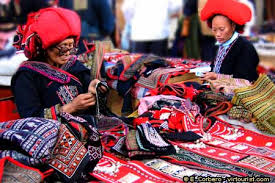
- Townlet:Sapa
- Communes:Ban Khoang, Ta Giang Phinh, Trung Chai, Ta Phin, Sa Pa, San Sa Ho, Ban Phung, Lao Chai, Hau Thao, Thanh Kim, Ta Van, Su Pan, Suoi Thau, Ban Ho, Thanh Phu, Nam Sai, Nam Cang.
Located 38km from Lao Cai City, Sapa is a mountainous district of Lao Cai Province. Sapa District is very well-known with Sapa Townlet, a beautiful and romantic resort.
At the height of 1,600m above sea level, the average temperature of the area is 15-18oC. It is cool in summer and cold in winter.
Visitor to Sapa in summer can feel the climate of four seasons in one day. In the morning and afternoon, it is cool like the weather of spring and autumn. At noon, it is as sunny and cloudless as the weather of summer. And it is cold in the evening. With no advance warning of a thunderstorm short and heavy rains may come at noon on any summer day. Subsequently, a rainbow appears, transforming Sapa into a magic land, which for years has been a constant source of poetic inspiration, lights up the whole region.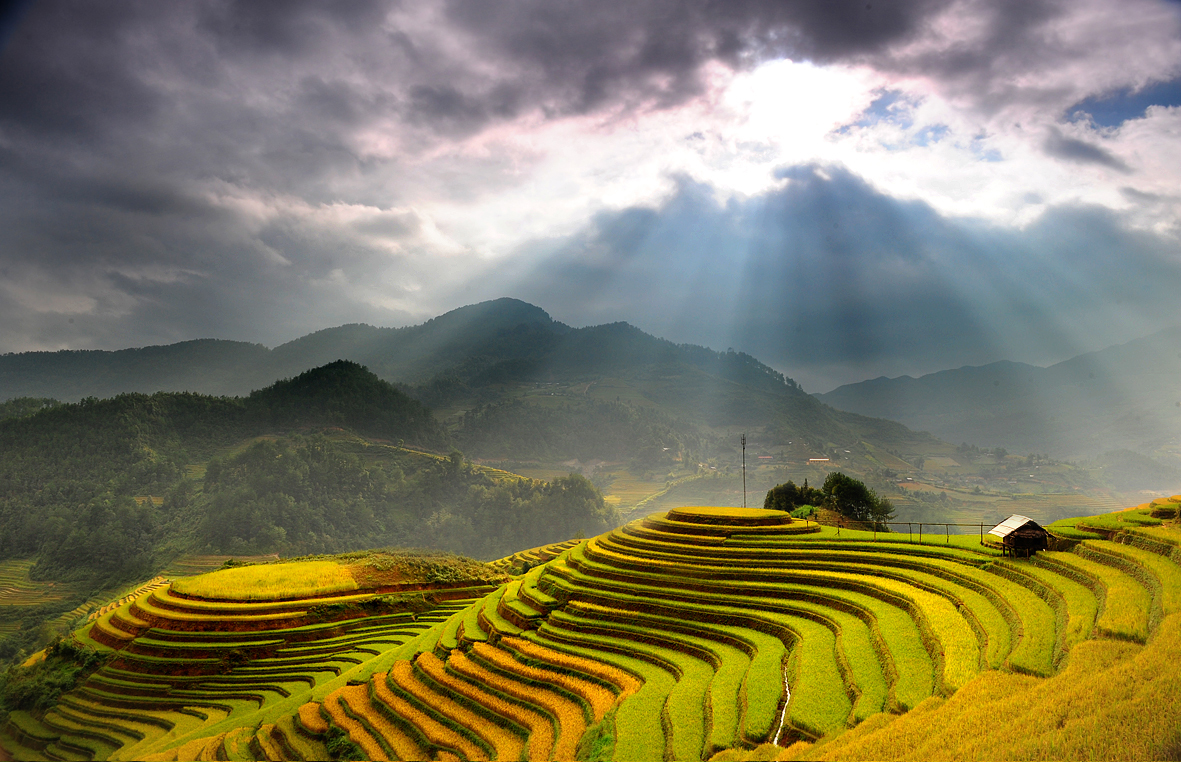
The best time to witness the scenic beauty of Sapa is in April and May. Before that period, the weather might be cold and foggy; after that period is the rainy season. In April and May, Sapa is blooming with flowers and green pastures. The clouds that settle in the valley in early morning quickly disappear into thin air.
Sapa has many natural sites such as Ham Rong Mountain, Silver Waterfall, Rattan Bridge, Bamboo Forest and Ta Phin Cave.Sapa is also the starting point for many climbers and scientists who want to reach the top of Fansipan Mountain, the highest mountain in Vietnam at 3,143m. Hoang Lien Mountain Range is also called the Alps of the North Sea area since Fansipan Mountain is not only the highest peak in Vietnam, but also in the Indochina Peninsula. The pyramid-shaped mountain is covered with clouds all year round and temperatures often drop below zero, especially at high elevations.
The first thing you notice when approaching the resort town are some detached wooden mansions and villas perched on a hill top or hillside, behind thick pine forests and almost invisible on this foggy morning. Old and new villas with red roofs now appear and now disappear in the green rows of pomu trees, bringing the town the beauty of European towns.
Fresh and cool air in Sapa is an idea climate condition for growing temperate vegetables such as cabbage, chayote, precious medicinal herbs, and fruit trees such as plum, pear...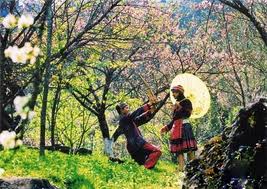
Sapa is home to various families of flowers of captivating colours, which can be found nowhere else in the country. When Tet, the Lunar New Year Festival, comes, the whole township of Sapa is filled with the pink colour of peach blossom brought from the vast forests of peach just outside the town. Sapa is regarded as the kingdom of orchids. Here, orchid lovers are even amazed by the choice, when trekking in the forest filled with several hundred kinds of orchids of brilliant colours and fantastic shapes, such as Orchid Princess, Orchid of My Fair Lady's Shoe. Some orchids are named after lovely singing birds such as the canary, salangane's nest, and more.
Sapa is most beautiful in spring. Apricot, plum and cherry flowers are splendidly beautiful. Markets are crowded and merry, and are especially attractive to visitors. Minority groups come here to exchange and trade goods and products. Market sessions are also a chance for locals to promenade and young men and women in colorful costumes to meet, date or seek sweethearts.
Visitors to Sapa will have opportunities to discover the unique customs of the local residents.


.jpg) KM1 Hà Nội - Đà Nẵng - Hà Nội Bay cùng Jetstar
KM1 Hà Nội - Đà Nẵng - Hà Nội Bay cùng Jetstar
(1).jpg) KM2 Hà Nội - Đà Nẵng - Hà Nội Bay cùng Jetstar
KM2 Hà Nội - Đà Nẵng - Hà Nội Bay cùng Jetstar
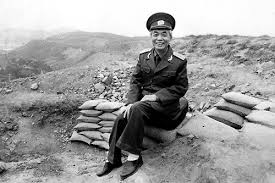 HOÀI NIỆM VỀ CHIẾN TRƯỜNG XƯA & ĐỒNG ĐỘI
HOÀI NIỆM VỀ CHIẾN TRƯỜNG XƯA & ĐỒNG ĐỘI
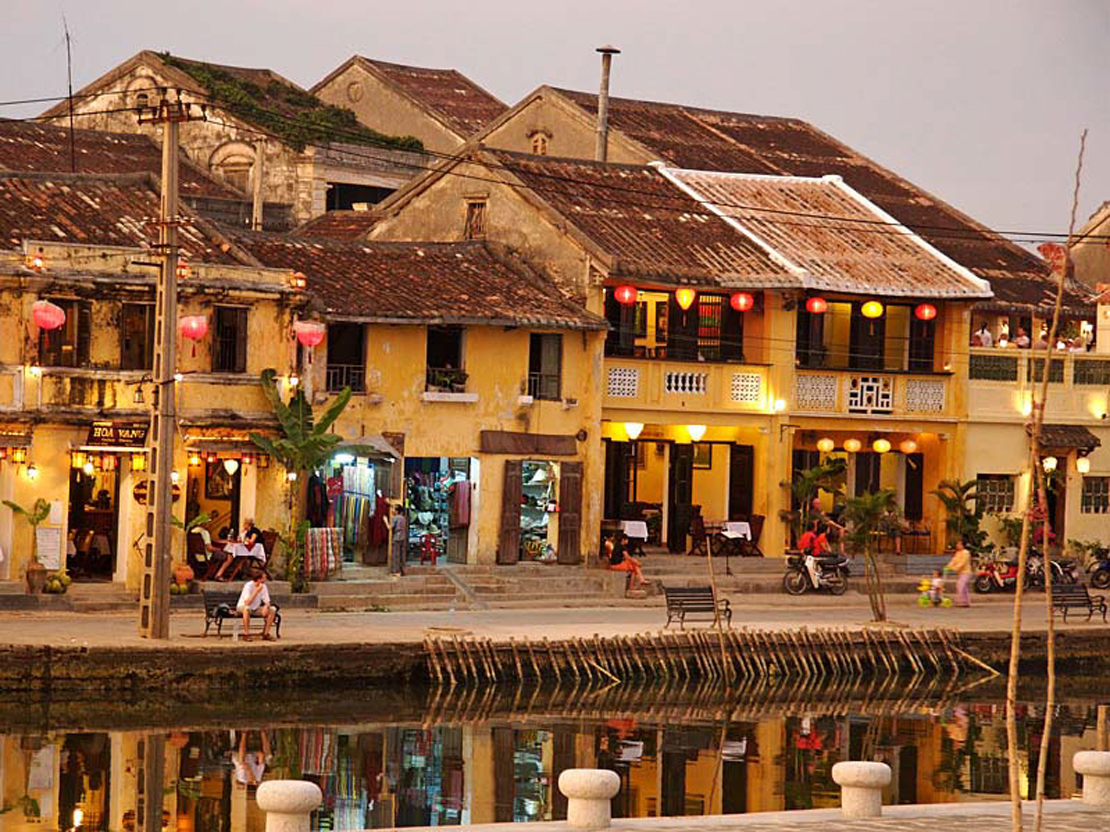 HỘI AN - NGŨ HÀNH SƠN - BÀ NÀ - HUẾ - PHONG NHA
HỘI AN - NGŨ HÀNH SƠN - BÀ NÀ - HUẾ - PHONG NHA
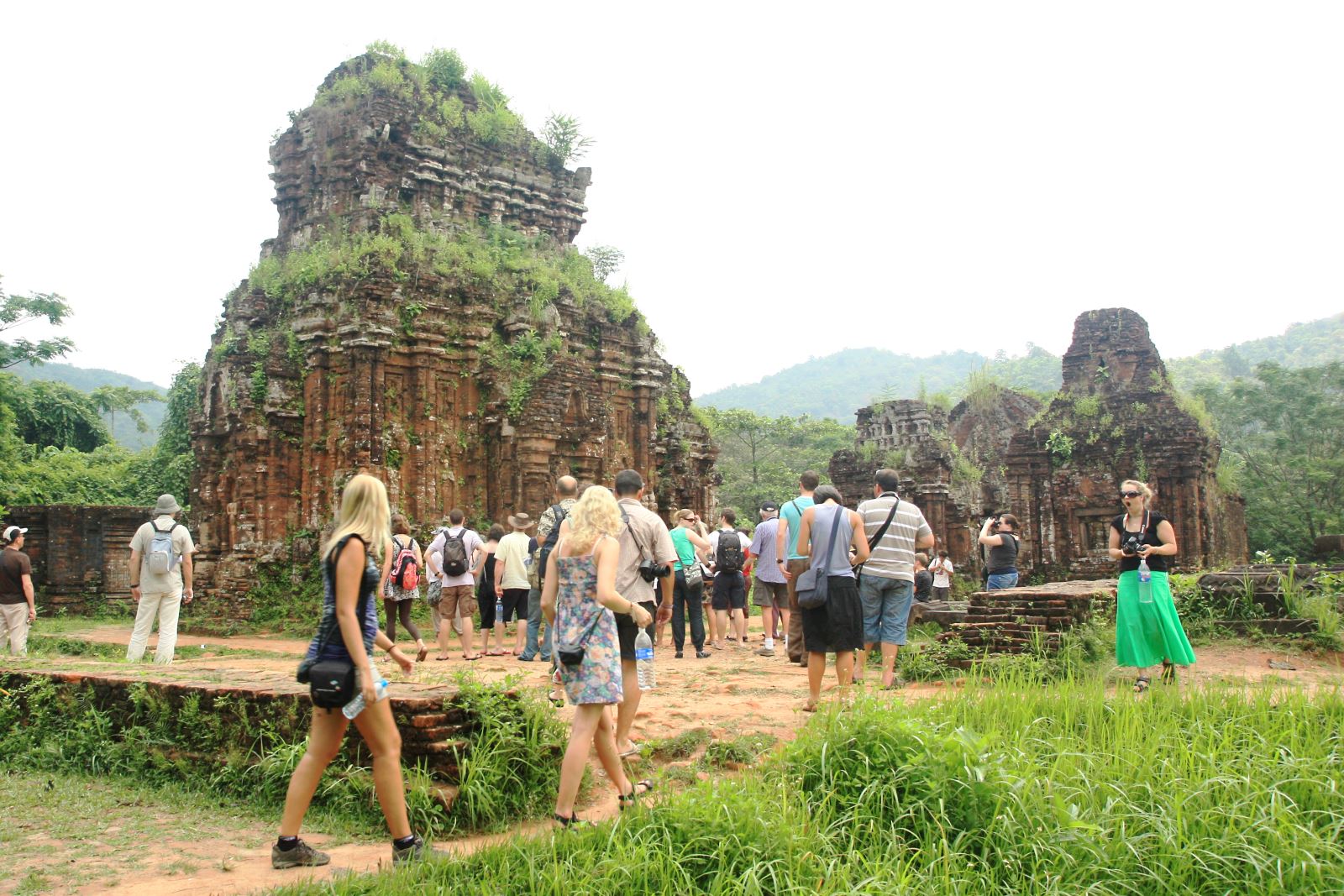 ĐÀ NẴNG - NGŨ HÀNH SƠN - HỘI AN - MỸ SƠN - HUẾ
ĐÀ NẴNG - NGŨ HÀNH SƠN - HỘI AN - MỸ SƠN - HUẾ
.jpg) ĐÀ NẴNG - HỘI AN - MỸ SƠN - HUẾ - PHONG NHA
ĐÀ NẴNG - HỘI AN - MỸ SƠN - HUẾ - PHONG NHA
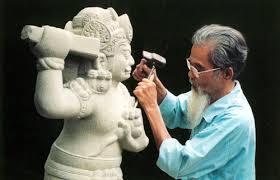 ĐÀ NẴNG - NGŨ HÀNH SƠN - HỘI AN - ĐÀ NẴNG
ĐÀ NẴNG - NGŨ HÀNH SƠN - HỘI AN - ĐÀ NẴNG
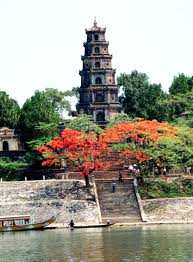 ĐÀ NẴNG – HUẾ - ĐÀ NẴNG
ĐÀ NẴNG – HUẾ - ĐÀ NẴNG

